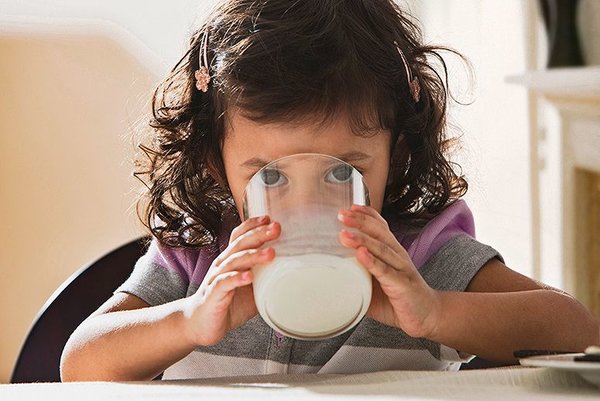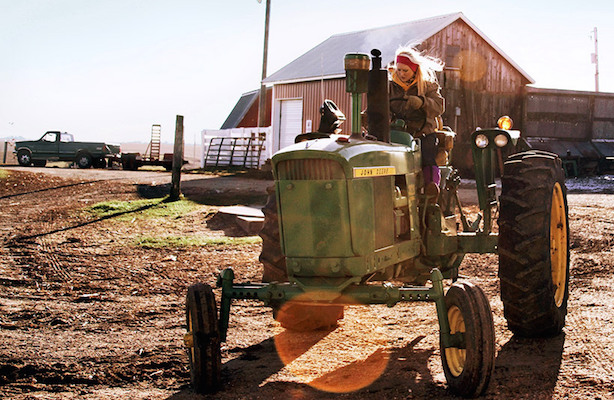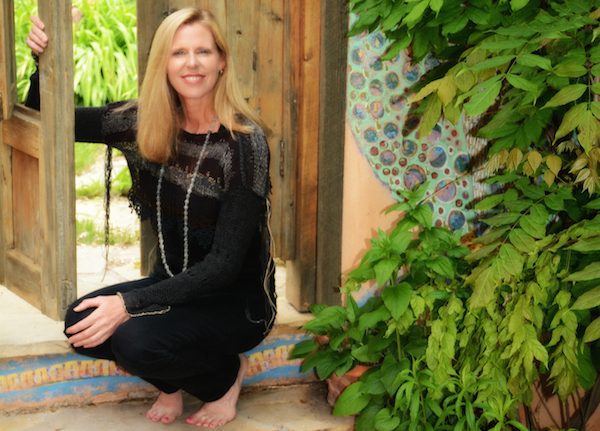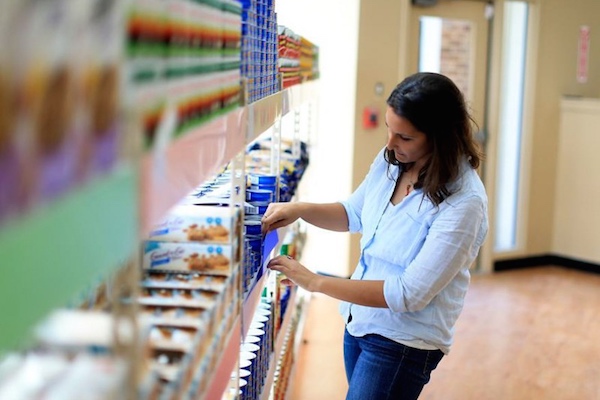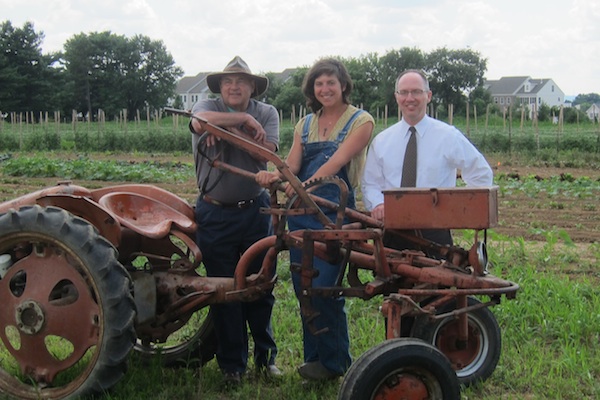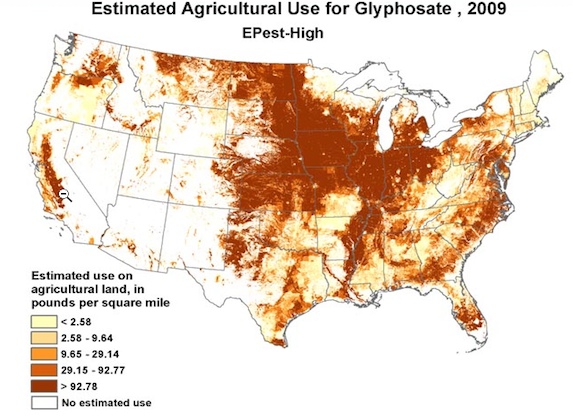A new meta-analysis finds that certified-organically produced dairy and meat have higher levels of nutrients than their conventionally produced counterparts. It’s not something magical about organic. It’s about what the animals are being fed under certified-organic standards which is grass instead of grain and often outside of a barn.
Continue reading... →With the end of the year just around the corner, we wanted to reflect on all that we have to be grateful for in 2015. There’s a lot to celebrate! From promoting conservation to empowering beginning farmers, here is the National Sustainable Agriculture Coalition’s list of the Top 15 Highlights of 2015: Conservation and Environment 1. 2015 opened with the first ever Conservation Stewardship Program (CSP) contract renewals. CSP, a program that NSAC has championed, is the only farm bill conservation program to support performance-based advanced conservation systems for working farms. 70 percent of expiring acres were renewed by producers ensuring that more than 17 million acres will continue to be supported through new and ongoing conservation activities. The year also ended on a high note for CSP: the Natural Resources Conservation Service (NRCS) postponed the CSP overhaul until 2017, buying more time for stakeholder input and outreach around the changes, and just this week Congress approved an omnibus budget bill that eliminated House-proposed cuts to CSP funding in 2016. 2. National Sustainable Agriculture Coalition (NSAC) member organizations and supporters submitted hundreds of comments to USDA recommending ways to improve the interim rules to implement 2014 Farm Bill changes to conservation programs, […]
Continue reading... →Rodale Institute and St. Luke’s University Health Network launched a true farm to hospital food program. The Anderson Campus at St. Luke’s has over 300 acres of farmland, much of which had historically been farmed conventionally with crops like corn and soy. The hospital administration recognized the impact that providing fresh, local organic produce could have on patient health and approached Rodale Institute to transition the land to organic and farm vegetables to be used in patient meals as well as in the cafeteria.
Continue reading... →“Glyphosate is the backbone of our current agricultural system that supplies us with toxic food, water and air. We aim to ban glyphosate by allowing the public to inform themselves about what levels of glyphosate are found in their own and their family’s bodies. Feed The World will also give a platform to profitable, agriculture alternatives that allow farmers, businesses and governments to change direction towards a better non-toxic future for our children.” – Henry Rowlands, Director of Feed The World
Continue reading... →